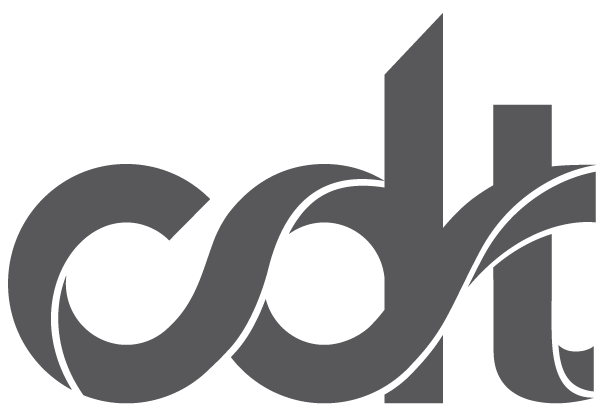Government Regulation
While the First Amendment generally prohibits government regulation of free speech (“Congress shall make no law . . . abridging the freedom of speech . . . .”), certain types of restrictions are allowed by the Constitution. In addition to making blanket prohibitions against the limited categories of speech that are wholly outside of the protection of the First Amendment (such as child pornography and fighting words), the government may put limits on the time and place of certain speech activities and enact laws that have a secondary effect of restricting speech, as long as the primary purpose of those laws is not to limit free speech.
- Administrative Regulations The government may also regulate certain forms of speech if they interfere with the functioning of the government. As with time, place, and manner restrictions, the purpose of the regulation cannot be to suppress particular opinions or topics.
- Government-Hosted and -Supported Art The government is likewise limited in the restrictions it can place on art displayed on government-owned property and cannot prohibit artists from using public forums to express particular viewpoints. It also cannot award grants that support the arts based on whether the government agrees with the message expressed by the artist or the work.
- Public Students and Employees However, when acting as a public employer or educator, the government may subject current employees and grade-school students to regulations on their online speech where the content, form or context of the expression is so disruptive as to jeopardize the effective administration of the office workplace or school learning environment.
- Time, Place, and Manner Restrictions The government may pass laws that regulate when, where, and how people express themselves, as long as those regulations are applied equally to all topics and viewpoints. These types of restrictions are difficult to apply to the global Internet.
